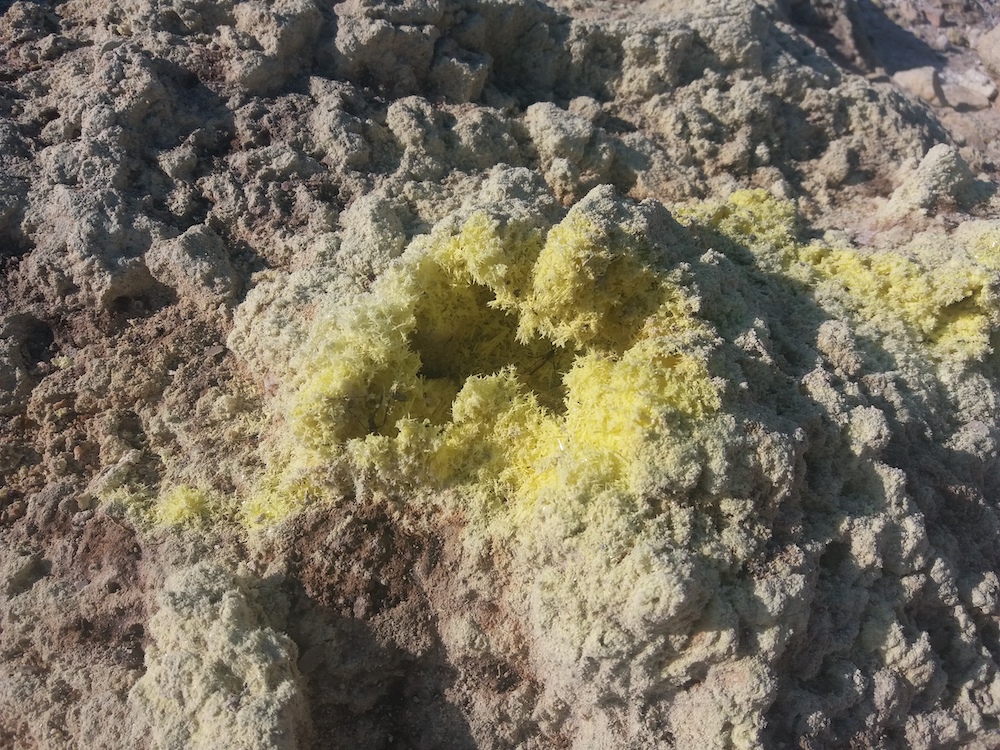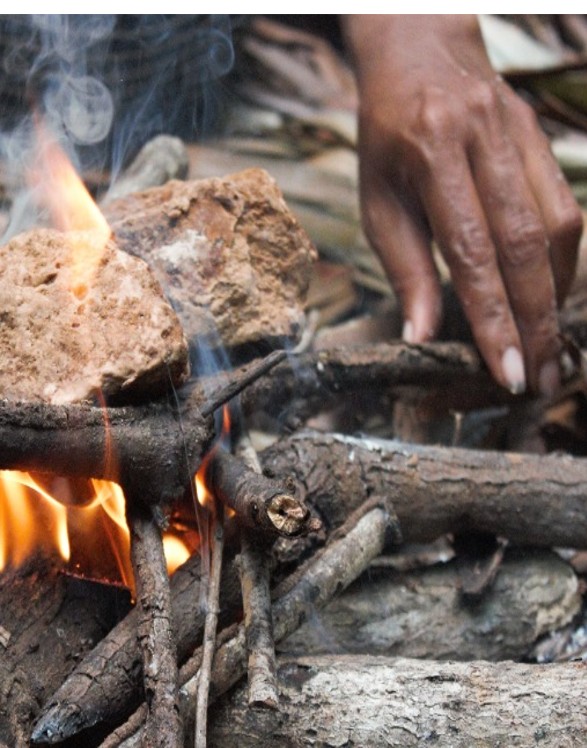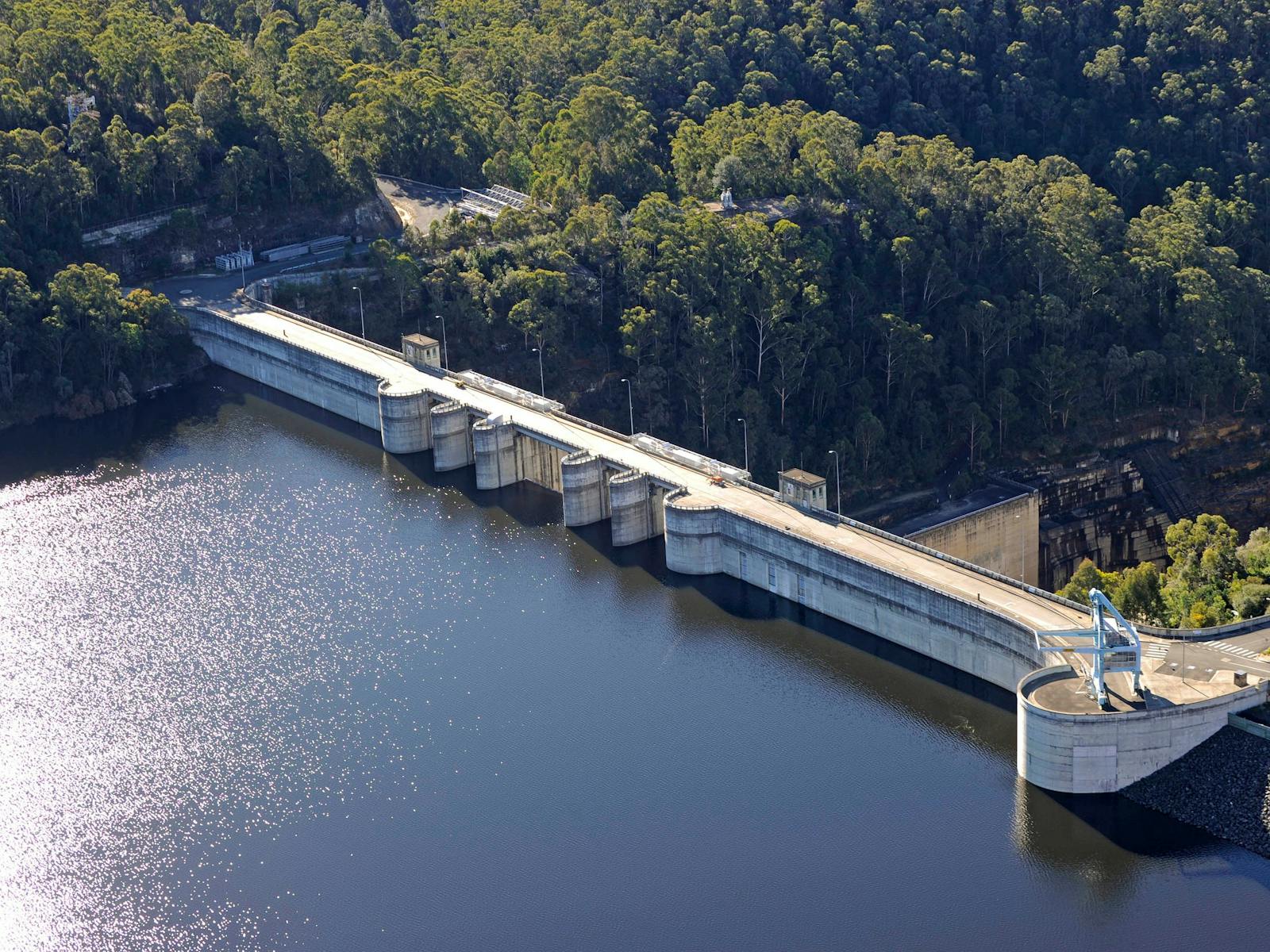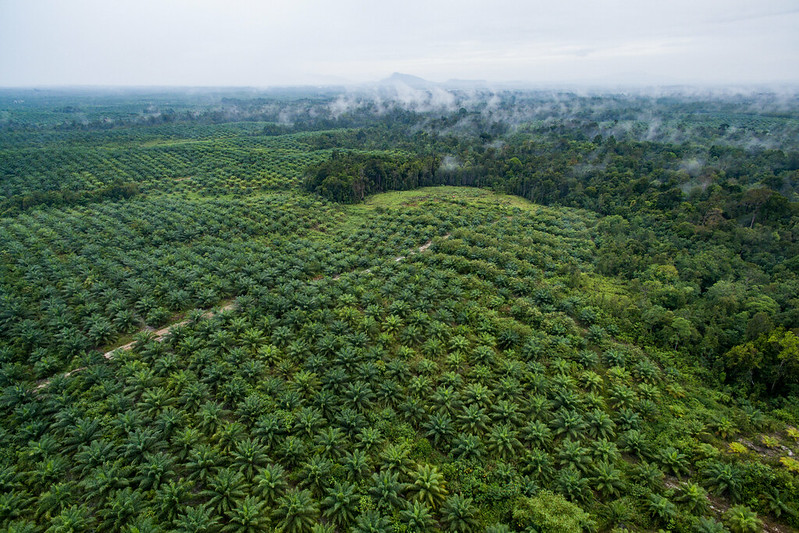
Worlds beyond bios
In an age of intensifying anthropogenic activity, conditions of life are being undermined at a planetary scale. Industrial processes are uncoupling life from death, diminishing death’s capacity to channel vitality back to the living. Colonial capitalist logics continue to naturalize the subjection of humans to racialized hierarchies of worth and the exploitation of natural resources for (some) humans’ ends. Against this backdrop, the “worlds beyond bios” project asks: What happens when we think about worlds, unworldings, and worldings beyond the categories and boundaries of dominant scientific frameworks, including biology and species? What do alternative epistemologies reveal about the substance, scope, and spectrum of life and non-life? Alongside matter, what role do immaterial, sacred, ghostly, or otherwise non-secular beings play in the (un)making of power and politics? What, in sum, might it mean to imagine and engage with worldings and unworldings beyond bios?

Multispecies Landscapes
What does it mean to approach landscapes as historically layered, ongoing, more-than-human configurations? Recent work in anthropology, STS, and the environmental humanities has emphasised how the diverse agencies of humans and nonhumans generate worlds. This special issue brings those conversations into engagement with the multispecies dimensions of land- and waterscapes. The special issue is published in Environment and Planning E (2025-2026).
Team: Pierre du Plessis, Zachary Caple, Thom van Dooren, Ursula Münster, Sophie Chao, and Sara Asu-Schroer.
Other contributors: Anna Tsing, Nils Bubandt, Andrew Mathews, Heather Swanson, and Jerry Zee, Knut G Nustad, Duncan Brown, Nikiwe Solomon, Lesley Green, Emily O’Gorman, Grace Karskens, Rachel Cypher, Suma TR, Britt Kramvig, Tarja Salmela, and Shiho Satsuka.

Metabolic (in)justice
We inhabit an epoch wherein metabolic processes that sustain life on Earth are breaking down and generating potentially irremediable metabolic rifts. Reified imaginaries of anthropocentrism, compounded with impossibly limitless consumerism, continue to obscure the interdependent webs of relations needed to sustain human and other-than-human life. In the process, we lost sight of the importance of becoming and remaining obligated to, and by, the many beings whose metabolic trajectories intersect with our own. This project considers the dynamics of absorption, ingestion, and transformation that alternately sustain or undermine organismic wellbeing and justice across individuals and collectives. It asks: how does metabolism bring into the fold the bodies of the eaters – their organs, cells, and tissues – and the bodies of those eaten – the plants, animals, and ecosystems whose own metabolic activity makes food for humans possible? In what ways is metabolic justice historically constituted, socially shaped, symbolically charged, and affectively mediated? How does thinking-with metabolic (in)justice prompts us to interrogate the interface between bodies and worlds across scales and livability across different domains?

Narrative Ecologies of Warragamba Dam
This interdisciplinary environmental humanities project focuses on the proposed raising of the Warragamba Dam wall in Sydney to explore the role of narrative in analysing and responding to socio-environmental controversies. It aims to develop new resources for enhancing community understanding and involvement in these complex issues, utilising narrative to enable responses that are creative, inclusive, and just.
Team: Thom van Dooren, Emily O’Gorman, Stephen Muecke, Matthew Kearnes, Natalie Osborne, Peter Minter

Plantation lifeworlds and afterlives
Plantations are major drivers of biodiversity loss, habitat degradation, and climate change. They find root in (neo)colonial logics of mastery and progress that position nature as a passive resource, exploited to serve (certain) humans’ ends. Yet the rise and fall of plantations have never been determined entirely by those humans and institutions who claim to create and control them. Rather, plantation worldings and unworldings are animated by entangled processes of multispecies extraction, extinction, and emergence. This project considers the violence and vulnerabilities engendered by plantations for differently positioned humans and non-humans—from indentured labourers, displaced communities, and environmental activists, to soils, parasites, and crops. It examines how acts of resistance, alliance, and solidarity have challenged the dominance of plantations over places, plants, and peoples. Approaching plantations as fertile sites for theorizing inter- and intra-human relations, the project unearths in their troubled terrains unexpected yet urgent possibilities for cultivating counter-plantation futures and multispecies justice.
Student Projects
Freya Grace MacDonald: Imaginaries in Flux: Reading Contemporary Australian Literature in an Era of Environmental Emergency
Hannah Della Bosca: For Colony and Empire: The Lifeways and Lifeworlds of Ants as Paradox and Paradigm of Terrestrial Resilience
